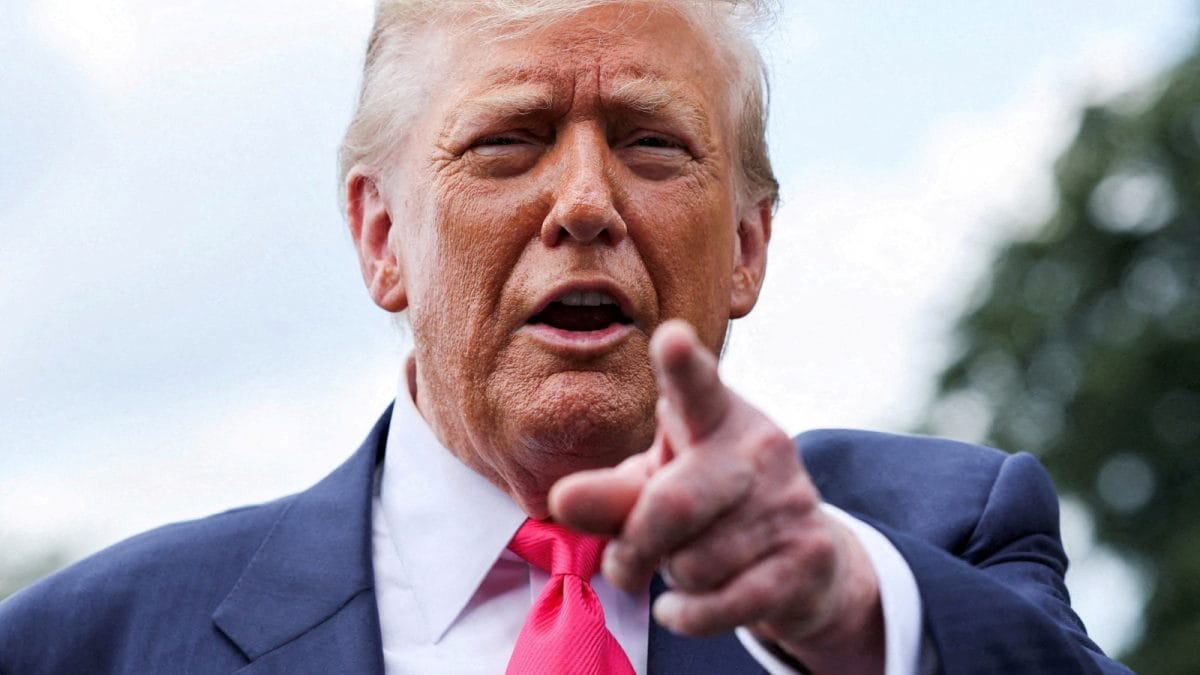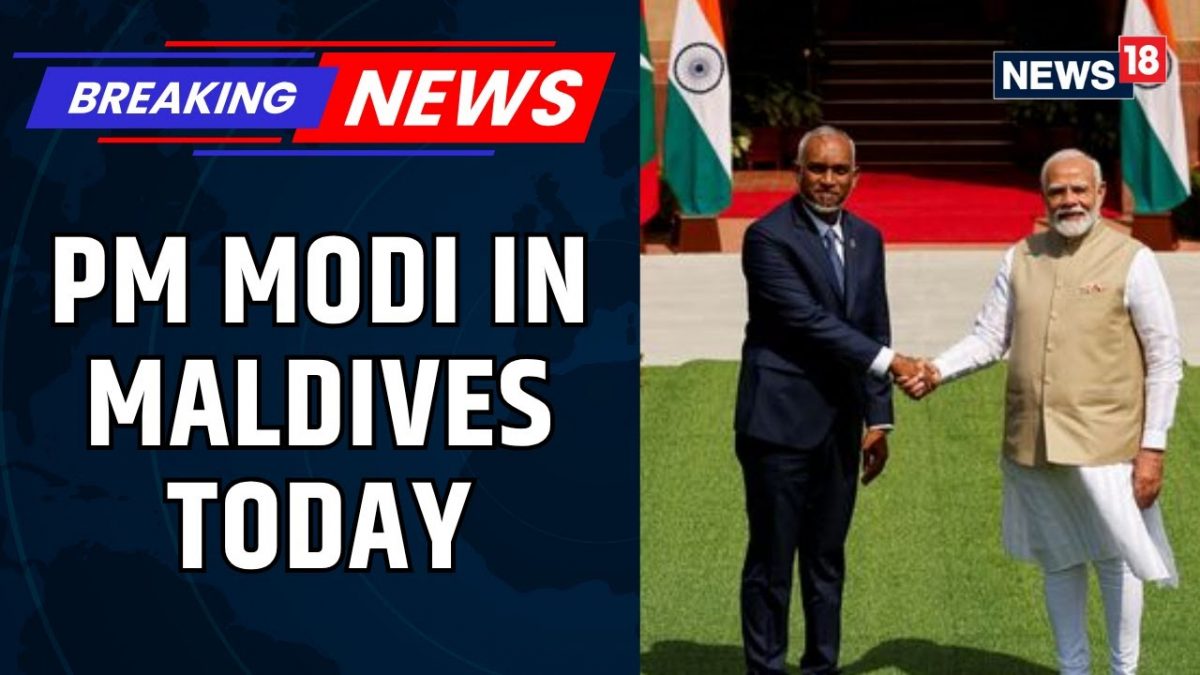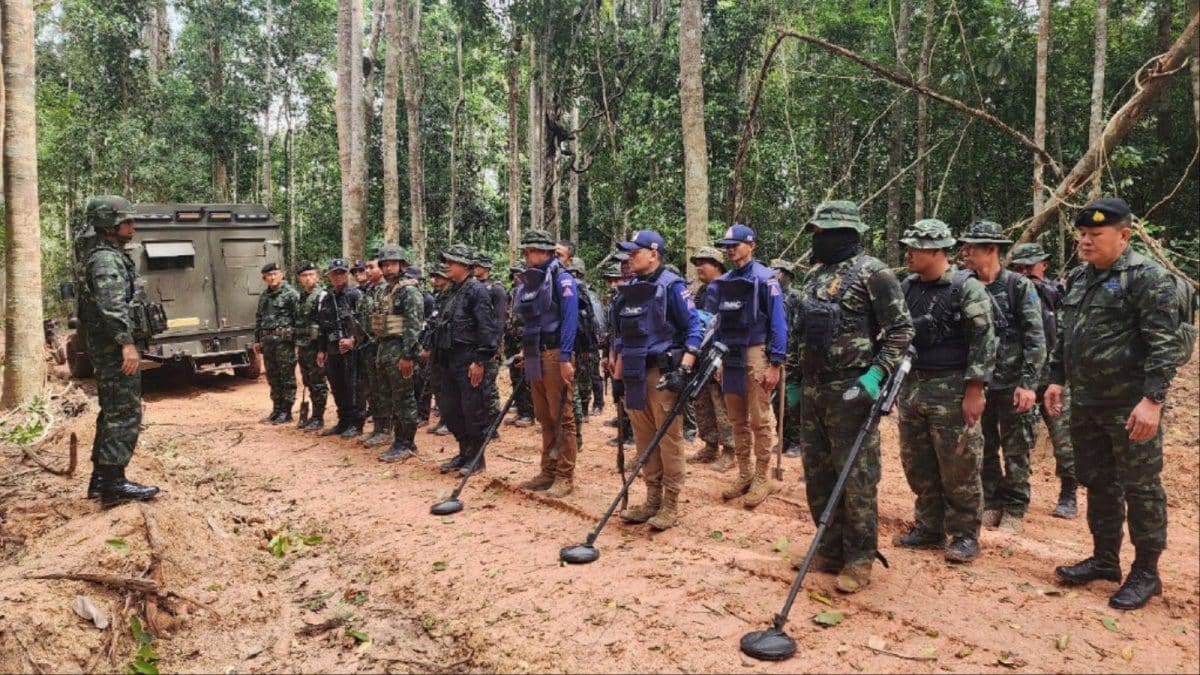ARTICLE AD BOX
The Supreme Court on Wednesday remarked that granting a stay on an acquittal is a "rarest of rare" occurrence while hearing the Maharashtra Government’s plea challenging the acquittal of 12 accused in the 2006 Mumbai train blasts case.
The observation came from Chief Justice of India BR Gavai when the case was mentioned before his bench for the second time. "But what’s the hurry? 8 have already been released. Stay on acquittal is the rarest of rare," CJI Gavai said.
On Tuesday, Solicitor General Tushar Mehta, representing the Maharashtra Anti-Terrorism Squad (ATS), had sought an urgent hearing of the matter, citing its urgency. The court then agreed to list the plea on Thursday.
On Wednesday, the case was again mentioned by a counsel for the state, who pointed out a defect in the petition, noting that the Bombay High Court had quoted a portion in Hindi. The counsel assured the defect would be rectified and requested the court to go ahead with the hearing as scheduled.
In response, the state counsel said, "We might be able to convince the court that the case is the rarest of the rare."
Earlier this week, the Bombay High Court overturned the 2009 trial court verdict, which had sentenced five accused (one of whom has since died) to death and seven others to life imprisonment for their alleged involvement in the coordinated bombings on Mumbai’s Western Railway local line on July 11, 2006.
Maharashtra Chief Minister Devendra Fadnavis described the court's verdict as "shocking" and confirmed that the state will move the Supreme Court against it.
The division bench of Justices Anil Kilor and Shyam Chandak ruled that the prosecution had "utterly failed" to prove the charges and observed it was "hard to believe the accused committed the crime." The court also highlighted allegations of torture by ATS officials and noted that investigators appeared to have been under pressure to deliver quick results after the attacks.
"The defence had raised serious questions about the test identification parade. Many witnesses remained silent for unusually long periods, some over four years, and then suddenly identified the accused. This is abnormal," the bench noted.
One witness, the court found, had been deposed in multiple unrelated crime branch cases, including the Ghatkopar blast case, making his testimony 'unreliable'. Several others failed to explain how they could suddenly recall and identify the accused after years.
The judges also highlighted procedural lapses. "Some witnesses were not even examined during the trial. As for recoveries like RDX and other explosive material, the prosecution could not establish that the evidence was sacrosanct until it reached the Forensic Science Laboratory," the bench said.
The 2006 Mumbai train blasts remain one of India's deadliest terror attacks, with seven bombs exploding in first-class compartments during peak hours on the Western Railway line.
- Ends
Published By:
Akshat Trivedi
Published On:
Jul 24, 2025



.png)
.png)
.png)
















 1 day ago
6
1 day ago
6







 English (US) ·
English (US) ·